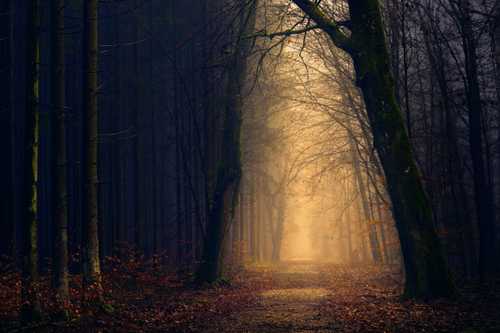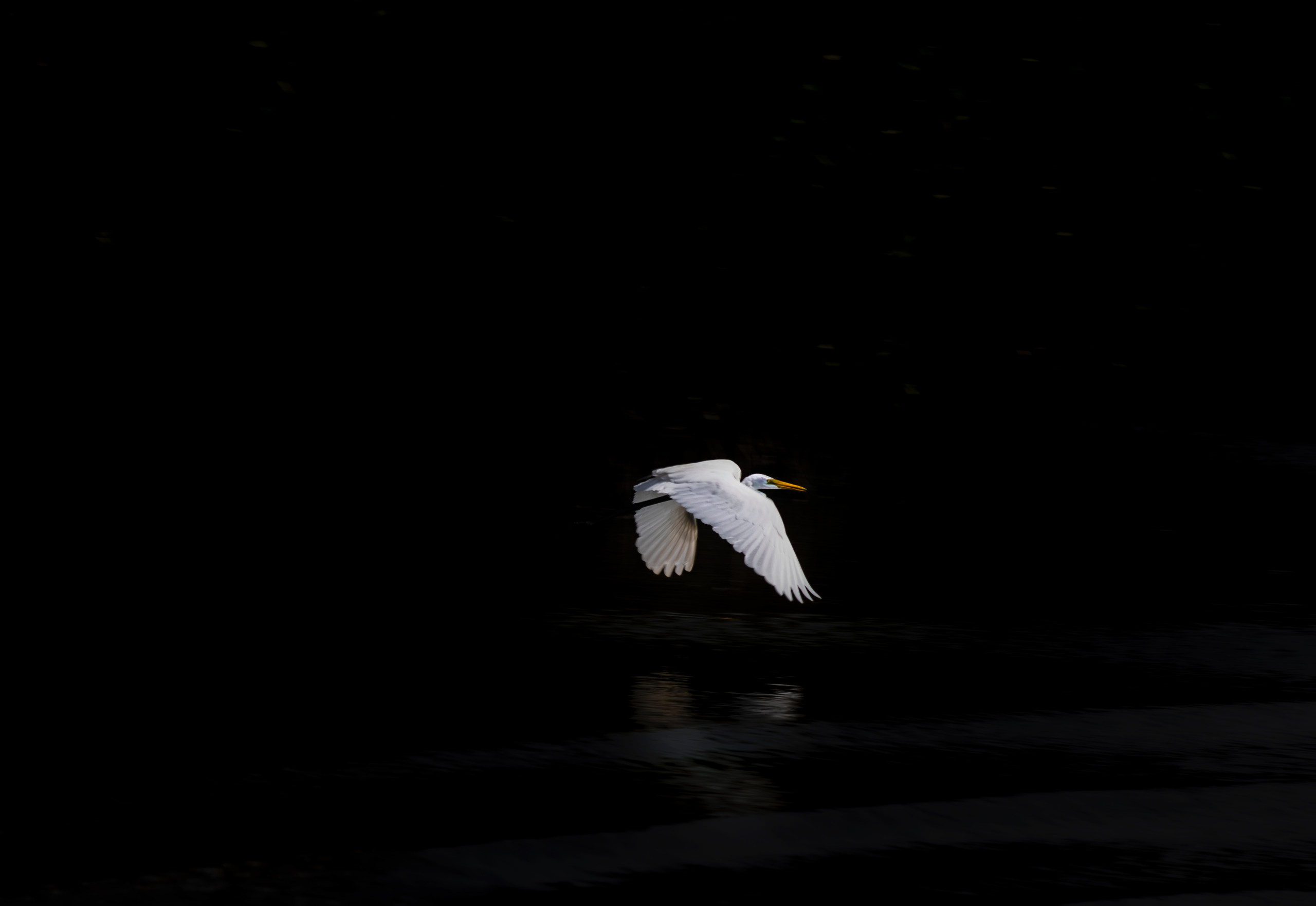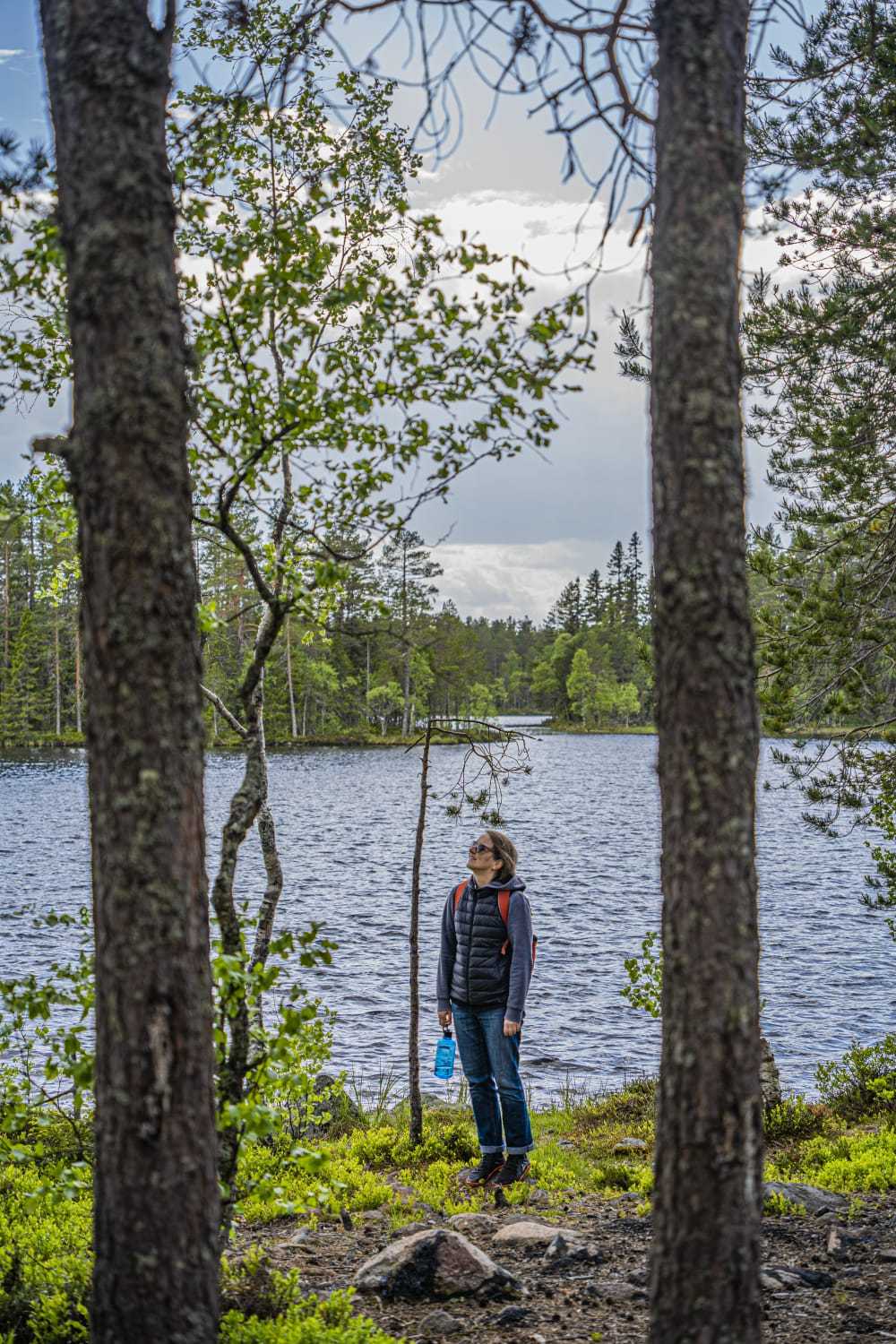
I saw nature directly. It was pure and radiant, what I imagined heaven to be. I saw the mountains and rivers, the grasses and trees, the flowers, the small birds and the butterflies as if for the first time. I felt the throbbing of life, delighted in hearing the songbirds and the sound of rustling leaves. I became as light as the wings of a dragonfly, and felt as if I were flying as high as the mountain peaks.
These words were written by Masanobu Fukuoka, Japanese philosopher and botanist, pioneer of the ‘do-nothing’ farming method inspired by the Buddhist concept of mu (“not have” or “without”), and himself an inspiration for advocates of sustainable, organic, and regenerative practices. I quoted this passage from The Dragonfly Will Be the Messiah, a book of selected texts published as part of Penguin’s Green Ideas collection.
In our current reality (or at least the one endlessly promoted across numerous contemporary media channels), these words sound mystical, as if created by a poet from a bucolic past – something to smirk at from the online platforms where we lead much of our ‘evolved’ lives. These words don’t seem to resonate with life in today’s Global North, its realities, and its people, whose actions are often an arbitrary pursuit of goals, real or invented, fuelled by dreams sold to us by society.
Even when we do engage with nature, it’s usually purpose-driven: something we have to do (such as spending time in a cottage in a natural setting) in order to chill and recharge – so that we can further toil towards the next dreams of wealth and fame on to-do list. It’s hardly ever a case of nature for nature’s sake.
Fukuoka experienced a green epiphany in the troubled days before the Second World War. At just 25, caught in a routine of urban life, academia, and the cultural aspirations of that period, unsure of the direction and meaning of his life, he came “face-to-face with the fear of death” due to acute pneumonia.
Fukuoka’s subsequent writings are simply a primer; he admitted that revelations and truth come when we move beyond words, guided by our senses, rather than by a desire to rationalize everything in the spirit of Western philosophies.

We don’t pick epiphanies – they pick us, don’t they? Often during the worst of times, when we are lost, confused, and the reality served to us makes little sense. In his book, Fukuoka shares his renewed perception of the natural world as a sudden, unexpected shift, but one that would last for the rest of his life, across 75 years of ‘non-doing’ farming. In the midst of nature, he found “salvation” from the anguish and confusion he was experiencing in his life.
Our estrangement from nature is not new, but the collapse of the natural world only increases its visibility. We want to save the natural world, but we seem to fail at being with and seeing it directly, “pure and radiant”. Would we have a better relationship with the non-human world living around us if we acknowledge that we are an extension of every other being on the planet, a cell in the living body of the planet, a leaf in the tree of life? Reliant upon and embedded within the systems of the natural world, caught in a web of life we cannot do without? Would we feel moral responsibility to all other sentient species?
Our lack of direction sometimes translates into action for a good cause, a need to save ‘the environment’, ‘the planet’, or ‘Mother Earth’, no matter how vague and vast an action that would be. But wouldn’t it be easier to save something if we truly knew and appreciated it? If we are to understand our part in the world, we have to learn to listen deeply to it – not to the white noise of consumerist society, but the natural world that provides the essentials for our survival. Can you love something without listening to it and understanding it?
We can’t force these revelations, but we can invite them by slowing down our daily routines, by switching off the ‘non-stop radio’ in our heads. We can start paying attention to our surroundings – usually perceived only as backdrops to our busy lives –and set the scene for these revelations to happen. ☁️
We have to move beyond words. Or at least pay more attention to the language we use, which often keeps us detached from the ultimate reality of our own lives: that we are not only part of and dependent on the environment and the whole planetary system, but that we are nature itself, made of the same elements as everything else around us. It has never been ‘us against it’.
Fukuoka’s revelation came from aimless wandering in the night, until he collapsed in exhaustion at the foot of a tree and was woken in the morning by the “cry of a night heron”. The sound of nature awakened him to what he calls “true nature” and a desire to live in accordance with the natural world, including all its challenges and blessings.
Wishing to cultivate the earth,
I cultivate understanding.
In vain I wield my hoe
And sharpen my sickle.
The earth languishes, grasses and trees wither,
Grazing at heaven and earth and heaving a long sigh,
I am filled with despair.
When will
That Garden of Eden
Bloom again?
It sometimes feels as if only these green epiphanies are capable of waking humanity to its own destruction. And one day, maybe, like Fukuoka himself, we’ll be able to bring back vegetation to denuded land, allow nature to flourish, and take responsibility as humans. Let us wish for us all to set the scene for revelations to occur, and start the healing from inside out.
Featured photo by Johannes Plenio on Unsplash
Earth.fm is a completely free streaming service of 1000+ nature sounds from around the world, offering natural soundscapes and guided meditations for people who wish to listen to nature, relax, and become more connected. Launched in 2022, Earth.fm is a non-profit and a 1% for the Planet Environmental Partner.
Check out our recordings of nature ambience from sound recordists and artists spanning the globe, our thematic playlists of immersive soundscapes and our Wind Is the Original Radio podcast.
You can join the Earth.fm family by signing up for our newsletter of weekly inspiration for your precious ears, or become a member to enjoy the extra Earth.fm features and goodies and support us on our mission.
Subscription fees contribute to growing our library of authentic nature sounds, research into topics like noise pollution and the connection between nature and mental wellbeing, as well as funding grants that support emerging nature sound recordists from underprivileged communities.

